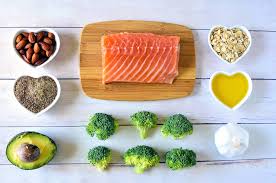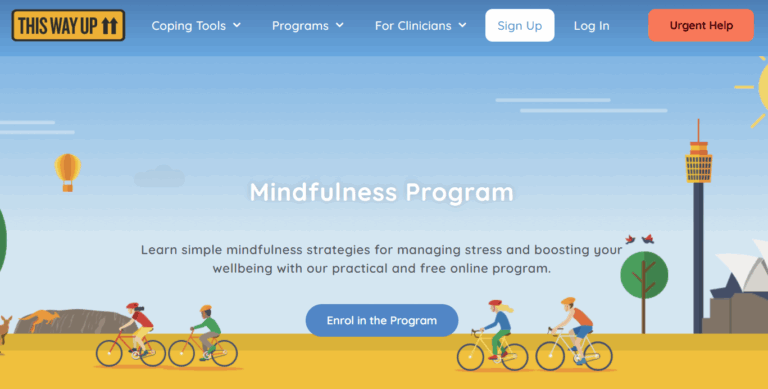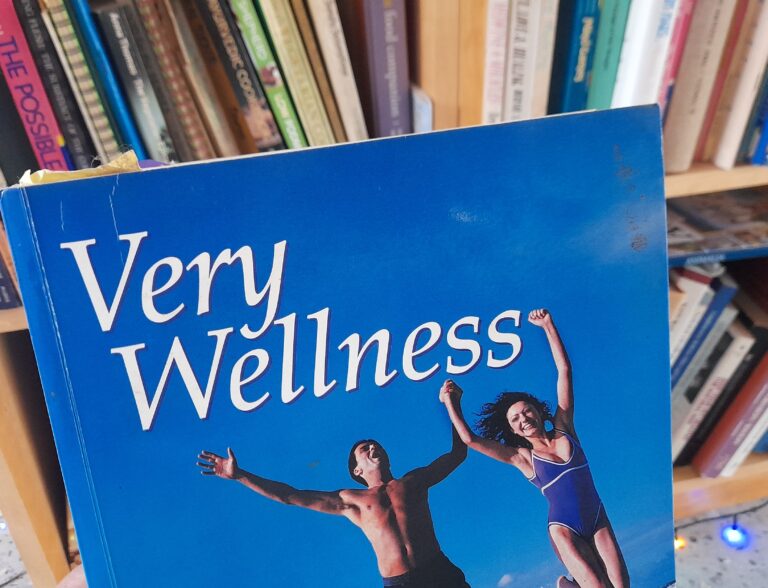Your ‘cholesterol’ is too high – a familiar phrase, but what does it mean?
Cholesterol is an essential fat that’s transported around your body in your blood. Every cell in your body needs some cholesterol – it’s part of every cell wall, it helps produce hormones, it keeps your nerve cells healthy and helps your body make vitamin D.
There are several fats (or lipids) transported by our blood stream. What’s important for your health is the balance and size of those fat particles, including:
- Triglycerides
- LDL (sometimes called “lousy” or “bad” cholesterol)
- HDL (sometimes called “good” cholesterol)
It also depends on the various numbers associated with the lipids, being total cholesterol, triglycerides, HDL, LDL, ratios of these, and possibly ascertaining the size of the LDLs (as there are about 7 we currently know about). The smaller ones are the more risky ones to have and may require a stronger treatment.

However, in the past two decades (?) managing “high cholesterol” has become more and more complex. It’s now recognised that it’s not simply a number to be lowered – it’s actually an indicator of whether your body is in or out of balance.
What can make your cholesterol levels “too high”?
Like all your general blood test numbers, cholesterol results need to be interpreted in relation to each other and in relation to you – the particular person. Your clinical history is really important. To understand the number, you need to take into account a whole range of factors – your blood pressure, weight, age, ethnicity etc.
Your lipid levels are just one indicator of how your body/mind is operating. High numbers could indicate:
- a stress response,
- low thyroid function
- less than optimal liver function
- too many carbs the day before
- low levels of exercise
- sometimes personal, genetic factors
- inflammation somewhere in the body
- medication side effects
- microbiome (gut) disturbance
- poor mineral or vitamin absorption
- or an underlying, unrecognised disease processes.
It takes a lot of experience to unravel and apply all this data in a meaningful and useful way that you can understand and work with.
So depending on the background issues I may prescribe:
- exercise
- dietary management – especially increasing fibre to 25 -30 gms per day
- stress management
- herbal support like globe artichoke, dandelion root, gentian, etc.
- supplements like fish oils
There is a brilliant finger prick blood test for the “omega-3 index” which is a reliable indicator of longevity from all cause mortality. I use this test sometimes in the clinic to determine the dose of omega 3’s required.
Diet and supplements can help remedy some specific levels
“Trigs” and fish oils

High triglycerides (let’s call them Trigs) often respond to high dose, quality fish oil supplements. A healthy Trig level is generally considered to be under 1.0.
The reliable clinical studies I’ve seen have used Fish oils to reduce Trigs especially and sometimes to balance the other lipids.
(The data is not in yet on algal omega 3s. I agree that this is likely a better more sustainable source especially if it is grown commercially rather than harvesting the wild resource. As you know algae is a major food source for krill, whales and other critters.)
Diet can be a useful tool
I agree generally with the foods recommended by Harvard Medical School, including:
- Oats
- Barley and other whole grains
- Beans
- Eggplant and okra
- Nuts
- Vegetable oils
- Apples, grapes, strawberries, citrus fruits
- Foods fortified with sterols and stanols.
- Soy
- Fatty fish
(Read more in the Harvard article on 11 foods that lower cholesterol)
However, it’s important to understand that your body generally makes more cholesterol than what you get from your food – so it’s possible to eat quite well and still have “high cholesterol”.

It’s a whole-of-system balance
High ‘cholesterol’ in short, is a metabolic issue, concerning all aspects of your life. It is a symptom to alert us to underlying imbalances – not just a number to be controlled.
So if your numbers are “too high” – seek out expert advice from a skilled practitioner who will consider your whole mind/body system to help you find the imbalance that you can correct to live a healthier life..





